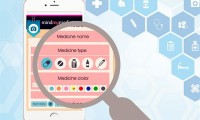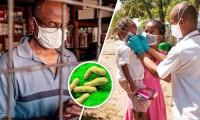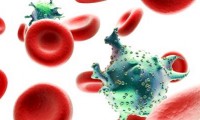-
A Chinese Province Is Sequencing One Million of Its Residents’ Genomes
- Source: futurism
- 592
- November 10, 2017
-
Women who ate 2-6 daily servings had 18% lower probability of clinical pregnancy
- Source: medpagetoday
- 387
- November 10, 2017
-
Black Death and incurable Marburg Virus now spreading across Africa’s cities
- Source: naturalnews
- 1,128
- November 8, 2017
-
Hormone replacement therapy may be beneficial for women’s memory
- Source: Medicalxpress
- 545
- November 3, 2017
-
Scientists pinpoint genetic risk factors for asthma, hay fever and eczema
- Source: Medicalxpress
- 495
- November 1, 2017
-
Handheld spectral analyzer turns smartphone into diagnostic tool
- Source: Bioengineering;
- 619
- October 26, 2017
-
H7N9 influenza is both lethal and transmissible in animal model for flu
- Source: Medicalxpress
- 977
- October 20, 2017
your submission has already been received.
OK
Subscribe
Please enter a valid Email address!
Submit
The most relevant industry news & insight will be sent to you every two weeks.













